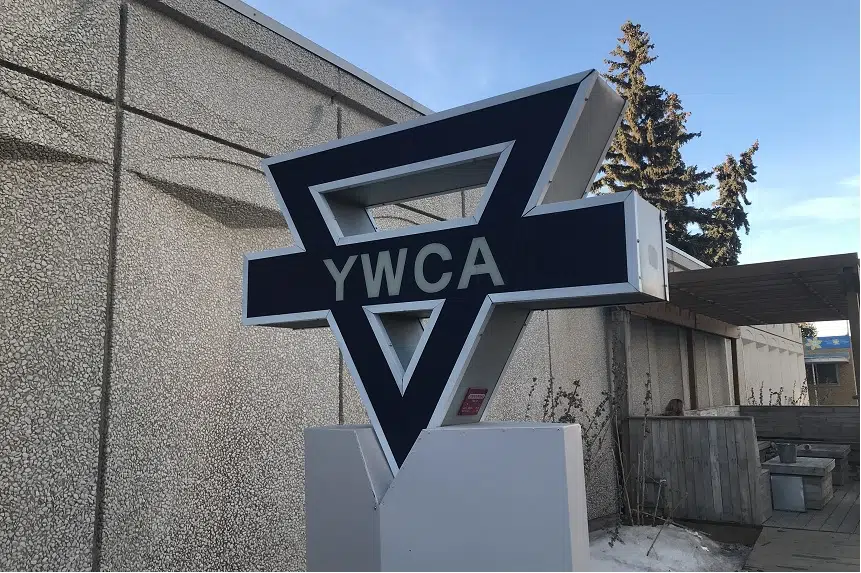Domestic violence shelters across Saskatchewan are taking steps to help people who are not safe to stay isolated at home with their abusers.
Jo-Anne Dusel is the executive director of the Provincial Association of Transition Houses and Services of Saskatchewan (PATHS) and she has been watching reports of surging domestic abuse rates in other countries with alarm.
“It’s definitely a big concern. We have seen increases in countries that have experienced the impact of the pandemic before us, so places like China and France reported pretty significant 30 per cent increases in incidents of domestic violence,” Dusel said.
Dusel said so far Saskatchewan shelters are seeing a drop in demand and calls for help, but she doesn’t think for a minute that means domestic violence is not a big issue here. She worries people may be more trapped with their abusers constantly home, limiting the chances to escape or seek help.
“You’re in your home and the abuser is also there so you don’t have a window to make a call, you don’t have the freedom to say, ‘You know, my partner is at work so I’m going to take this time to pack up and leave,’ ” Dusel said.
Dusel wonders if another factor may be people being too nervous about going to a shelter where they think risk of exposure to COVID-19 may be higher.
“So you have two very frightening things happening at the same time. You have the violence that’s taking place in your home and you have a deadly pandemic,” Dusel said.
“Women and others who are experiencing abuse have to make this decision between the devil that they know, which is the abuser in their home, and the risk to their health and their children’s health if they actually go to a domestic violence shelter.”
When the virus first hit Saskatchewan, shelters rolled out and updated previous pandemic plans to take extra precautions, including improving cleaning practices and even reducing the number of people living in the shelters in order to maintain appropriate social distancing.
“The most important message is that domestic violence shelters across the province remain open and the numbers are low. That’s partly intentional and partly an element of people maybe not being able to call for help or choosing to stay home,” Dusel said.
Dusel credits the provincial government for taking a collaborative approach between different ministries and shelters to help keep safe people who are fleeing intimate partner violence. For example, income assistance and Sask. Housing are working with shelters to fast-track clients through the programs so they don’t have to wait for a safe place of their own to stay.
“If there are vacant units available, instead of going through the regular red tape and going perhaps weeks of waiting to get in on the first of the month, things are happening very quickly,” Dusel explained.
Local organizations can sometimes help people escape domestic violence and move into a safe place of their own directly instead of staying in a group shelter.
“Shelters are taking every precaution that they can to keep individuals who are in the shelters safe from the virus, but in many cases it’s nice to know that you could be in your own home as soon as possible,” Dusel said.
Dusel encourages anyone who is concerned about someone they know who may be in danger from domestic violence to try to connect with them to see if they are OK right now.
She wants potential victims to know people are working in shelters 24 hours a day and seven days a week to offer help in any way they can. She said staff members are on call to help people make safety plans within their own homes as well.
Dusel said ideally, people should have a code word to use in casual conversation as part of a safety plan with friends or family to let them know the victim needs help without alerting the abusive partner if they may be listening or checking messages. She added asking police to do a welfare check on the home is a possibility.
Shelters are predicting a possible shortfall in charitable donations as the public spreads limited financial resources across many important causes to combat the effects of COVID-19.
Dusel said the federal government has offered some extra financial support for domestic violence shelters across Canada. She hopes it will help cover expenses like overtime or sick leave for employees who have to self-isolate.







